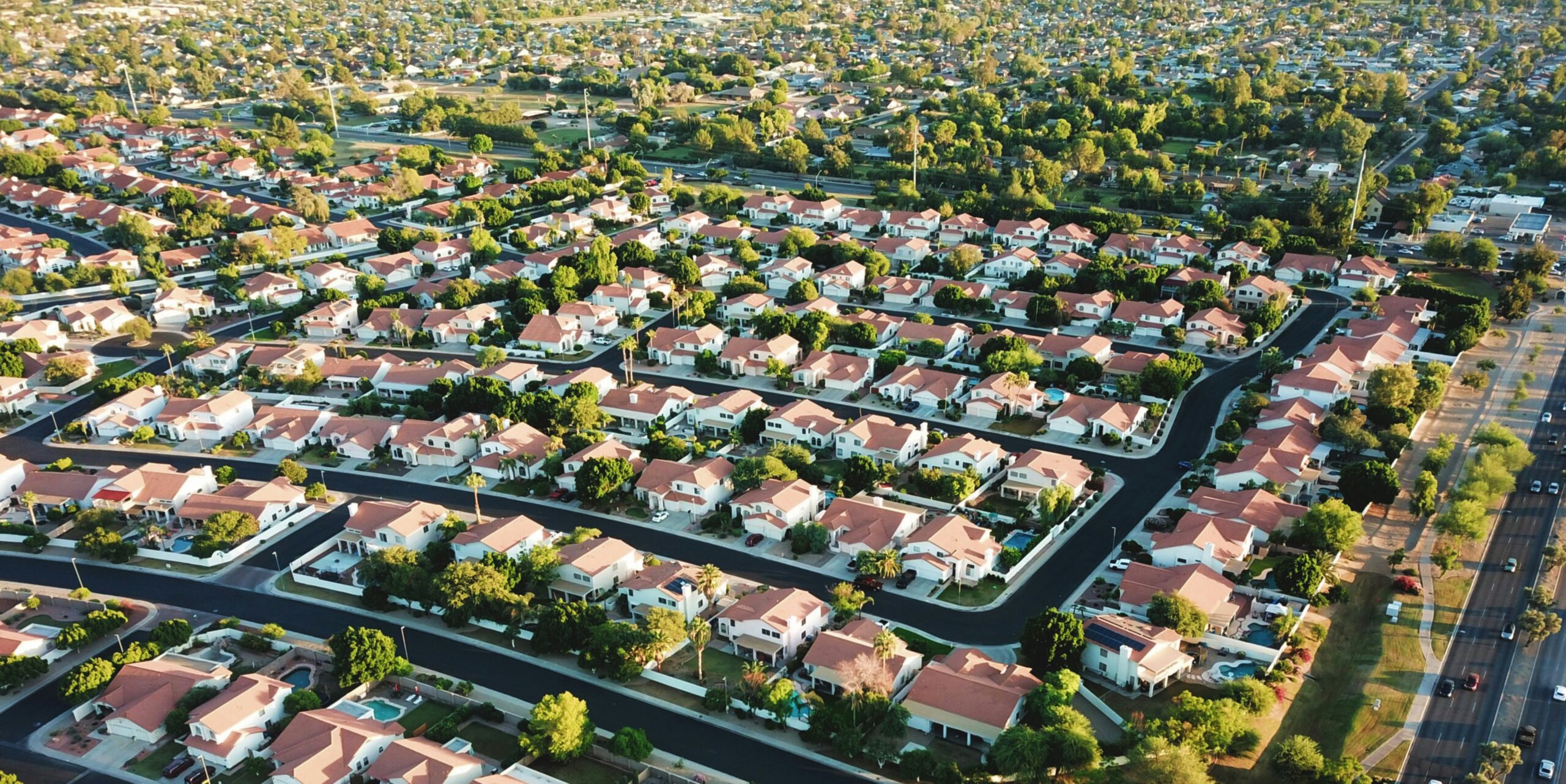
At the heart of every thriving community lies a board committed not just to governance, but to the health and vitality of its residents. Effective board governance in Homeowners’ Associations (HOAs) can be the driving force behind community development, making neighborhoods more than just places to live, but vibrant hubs where people can flourish. It’s important to engage communities in preparedness efforts to ensure their resilience and well-being during emergencies and disasters.
The Power of Strong Board Governance in Community Preparedness
Strong board governance within HOAs is crucial for more than just administrative success; it’s the backbone of a community’s overall well-being. Such governance extends far beyond meetings and budgets; it’s about cultivating a thriving environment where residents feel valued, heard, and prepared. Effective board governance fosters a profound sense of belonging, encouraging a collective effort towards enhancing community wellness and preparedness. When HOAs engage communities in preparedness efforts, they build trust and cooperation among residents, ensuring everyone understands their role in maintaining safety and resilience.
Boards that prioritize transparent communication and responsive leadership stand as pillars of hope, navigating their communities towards sustainable health and safety. Their role permeates every facet of community life, underscoring the critical link between good governance and robust community preparedness. Transparent communication ensures that all residents are well-informed about potential risks and the steps being taken to mitigate them. This openness fosters a culture of accountability and reliability, where residents feel confident in their board’s decisions and trust their leadership.
Responsive leadership is equally vital; it involves listening to residents’ concerns and feedback, adapting strategies as needed, and being readily available in times of crisis. By engaging communities in preparedness efforts, boards can create a supportive network that encourages active participation and mutual support among residents. This not only strengthens individual and collective preparedness but also enhances the overall sense of community cohesion and resilience. Ultimately, the power of strong board governance lies in its ability to unite the community under a common goal: to create a safe, prepared, and thriving living environment.
Key Responsibilities of HOA Boards in Promoting Community Preparedness
The responsibilities of HOA boards in promoting community preparedness are diverse and vital. From implementing emergency response plans to ensuring the maintenance of communal safety measures, the board’s actions directly impact the physical and mental well-being of their residents. Creating policies that support preparedness initiatives, such as disaster drills or emergency supplies, is a major aspect which involves catering to the specific needs of the community.
Furthermore, boards play a fundamental role in crisis management, such as during natural disasters or health emergencies, by providing clear communication and resources to residents. By fostering an inclusive environment where preparedness measures are prioritized, boards empower communities to thrive under any circumstances. It is essential to engage communities in preparedness efforts to ensure that all residents are well-informed and ready to respond effectively in times of crisis.
Strategies to Engage Communities in Preparedness Efforts
For board governance to truly drive community preparedness, strategic approaches are required. Openness to community feedback, regular preparedness meetings, and partnerships with local emergency organizations are strategies that can lead to substantial improvements. Innovative approaches, such as utilizing accessible technology for better engagement, also play a crucial role in modern governance.
Training sessions for board members on emergency management, along with customized preparedness programs, can further cement the board’s role in fostering a preparedness-centric community culture. These strategies ensure that implementing preparedness initiatives will be sustainable and evolve with the community’s needs.
Overcoming Challenges in Community Preparedness for a Thriving Community
Overcoming challenges in community preparedness demands resilience and innovation. Resistance to change, limited resources, and differing opinions within the community can hinder the execution of preparedness initiatives. Boards must navigate these challenges with diplomacy and creativity, seeking solutions that align with the community’s overarching goals.
Transparency during the decision-making process begins with engaging residents in open forums that can help mitigate resistance and build trust. Furthermore, leveraging community volunteers for preparedness programs can address resource limitations, promoting inclusivity and diversifying preparedness initiatives.
Success Stories: Community Preparedness Impacting Safety Positively
Across the globe, HOAs have catalyzed remarkable improvements in community preparedness through effective board governance. One success story involves a community that introduced regular disaster drills, significantly increasing resident participation in preparedness activities. Another highlights a board that implemented a comprehensive emergency communication system, which led to a measurable improvement in community safety.
Such stories underscore the powerful impact of proactive board governance on community preparedness. By prioritizing the well-being of residents, these boards have not only enhanced the quality of life but have also fostered a stronger, more connected community identity.
Turning Governance into Action for Prepared Communities
The journey towards a prepared community is an ongoing and ever-evolving endeavor. It demands unwavering dedication, innovative thinking, and, above all, effective board governance. By embracing their responsibilities with steadfast commitment, employing strategic governance approaches, and overcoming challenges with resilience, HOA boards can significantly uplift the preparedness standards and overall well-being of their communities. This dedication not only enriches the lives of individual residents but strengthens the bonds within the community, proving that good governance is indeed at the heart of a flourishing and prepared community.
For more information on community preparedness, visit the Federal Emergency Management Agency (FEMA) website or learn more insights on how proactive management can enhance your community.







